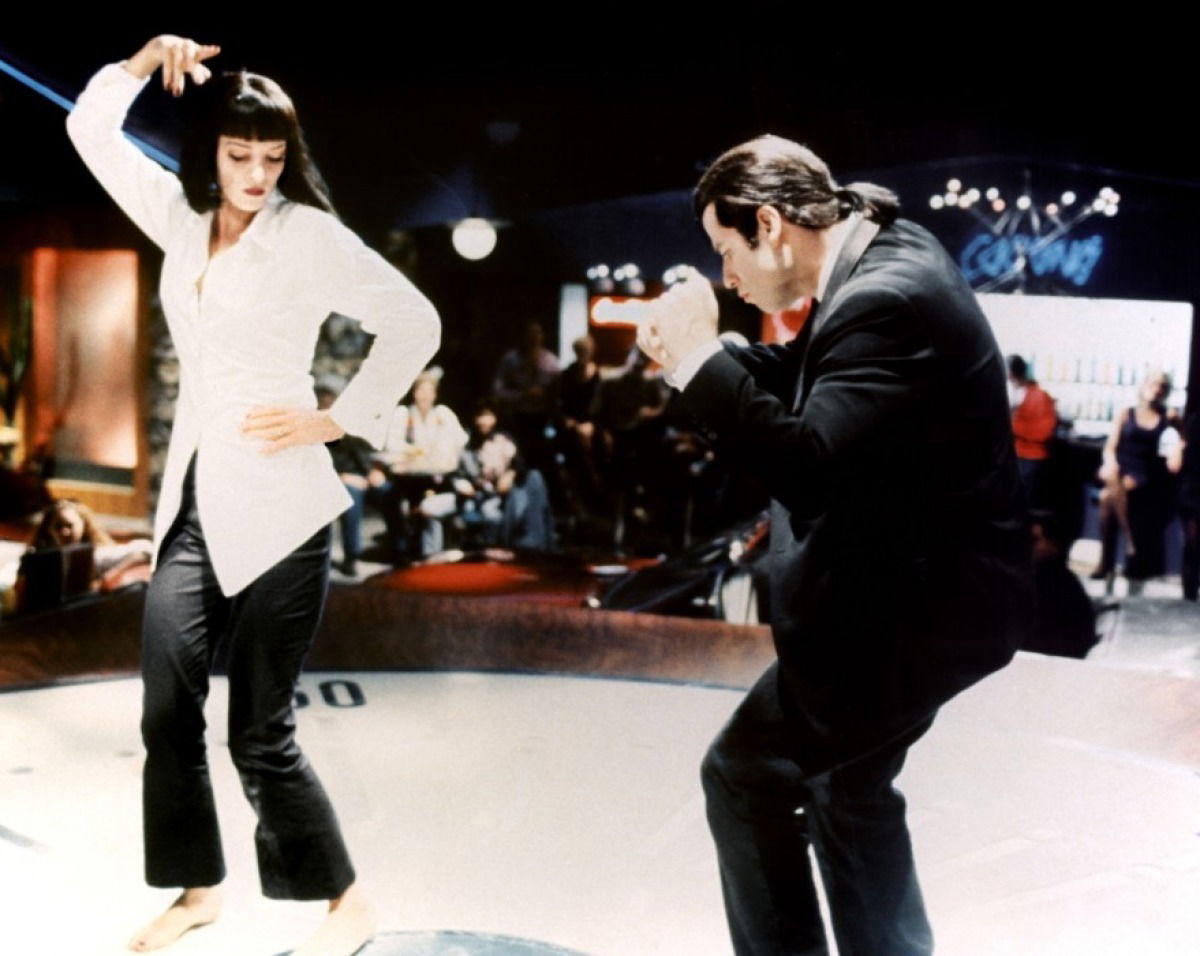Insights-Quentin Tarantino

Quentin Tarantino is one of the most creative, copied and original screenwriters of the modern era. Like an explorer on an unknown continent, or a space pilot going places no one has been before, Tarantino has dug the footings, laid cinematic roadwork and created a substructure, as well as a subculture, without parallel.
Across the world audiences wait breathlessly for a new Tarantino film to appear on the big screen. Each release is a masterclass in screenwriting and addicts of all ages memorize his dialogue just as admirers in past times learned Shakespeare and the poems of Byron and Walt Whitman. Quentin Tarantino is my personal mentor, not that he knows anything about this, of course.
It’s a private thing between me and his words. By studying his work, my writing has improved to such a degree that when I look back on early drafts of my screenplays, I can see the faults, the holes, the gaps, the clichés; I can almost smell and taste the improvements. Every writer needs a personal hero, a guide on the long march into the empty page, someone to model themselves after, to emulate.
You copy, you imitate, you re-read, then you set everything you’ve written on fire and the phoenix in you arises from the ashes. Maybe you like Christopher Nolan, Martin Scorsese, Diablo Cody. There is so much we can learn from all of them. But, for me, there is only one master.
Movies, says "Tarantino, are my religion and God is my patron". I’m lucky enough to be in the position where I don’t make movies to pay for my pool. When I make a movie, I want it to be everything to me; like I would die for it. Quentin Tarantino Method It may come as a surprise but Tarantino, so hip in so many ways, doesn’t use a PC or laptop.
He writes by hand. Using paper. Paper! What the hell is that? Some weird stuff invented by the Chinese? While writing, he says, he is not concerned with the entire story, just the page he is working on, that line of dialogue, that memorable phrase: “I’m gonna get medieval on your ass”, as Marsellus tells the hillbilly boy in Pulp Fiction.
I can see the positive aspect of working like this. There is in the subconscious some primitive link to pen and paper that coaxes out the words so they sit comfortably on the page. It feels right.
If you look at the opening scene of Reservoir Dogs, the guys sit around a table in a diner eating breakfast. They are about to rob a jewelry store, so do they talk about the robbery? Do they whisper to each other about how it is going to go down? No, they talk about how much they should tip the waitress. Their entire conversation is about tipping.
And something else. We learn about the characters through these throwaway comments — who is generous, who is a mean son of a bitch, traits that will come out as the story unfolds
. Pulp Fiction opens the same way. Vincent and Jules talk about Vincent’s trip to Amsterdam and how they serve beer in the movie theaters. They gab about what a quarter pounder with cheese is called in France. The audience has no clue that they are about to murder four young guys.
After this witty if trite dialogue, again showing aspects of character, the two gunmen are all business. Creating characters such as Jules and Vincent is the writer’s greatest challenge and, of course, their greatest gift to the world of cinema.
Writers like Quentin Tarantino don’t come around every day and, as of right now, there are no rivals. Unless the next Tarantino lies inside of you. Write Fast-Write Easy.
Follow Jay Robert Baer at secretsofthemob.com and facebook page
Here you can purchase the most unique book on gangsters written. Secrets of The Mob How much was John Gotti worth? Why was Paul Castellano called the Howard Hughes of the mob? and much more...